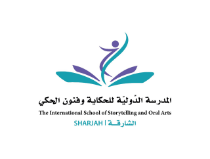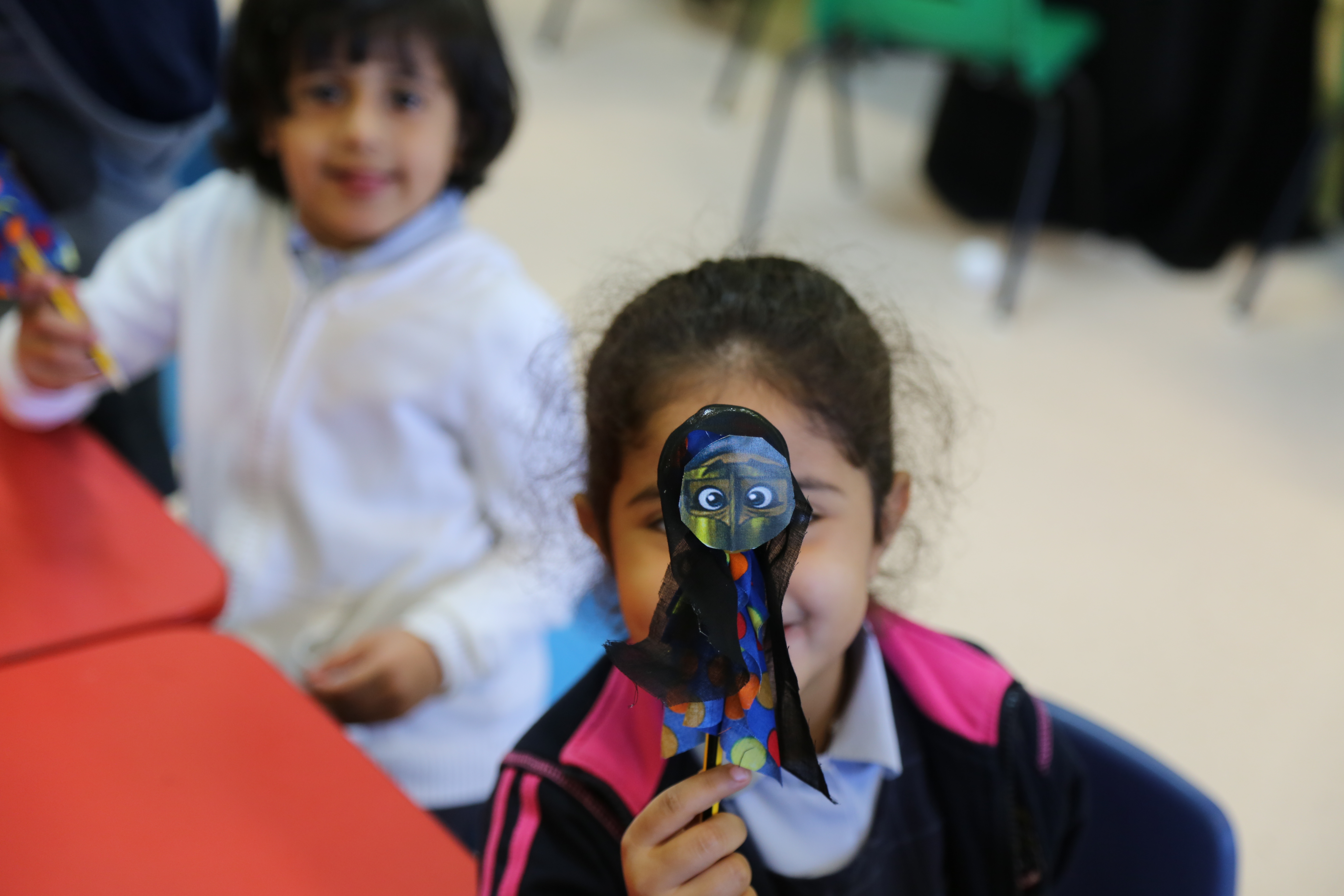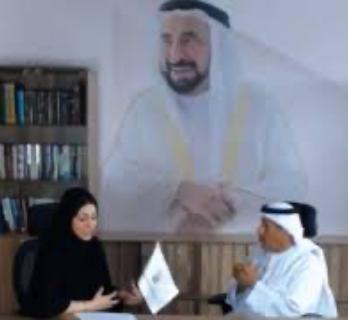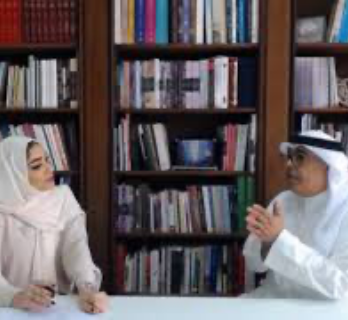Centers
The International School of Storytelling and Oral Arts
The International School of Storytelling and Oral Arts is the world’s first official school that belongs to a government entity. The school is dedicated to storytelling, folk tales, spoken literature, tradition and word-based expressionism. It also aims to qualify professional storyteller and folk literature writers to express the present and establish an oral heritage for the next generations, as well as preserving the heritage of the past. The school seeks to render storytelling both, as a principle and an end at such domains as social life, learning, education and art. It also aims to rehabilitate the first unwritten literature and unframed art by trying to reconcile them with today's man, who has lost the power of live communication after being massively absorbed in what he believes is contemporary communication and word computurized changing methods and language of self-expression. The expression became more symbolic and less touching audience paving the way for the emergence of a live address phobia.

The School further aspires to bring together approaches of storytelling, both theoretically and practically, to create new curricula in the study, performance and comprehension of tale, based on the experiences of cultural and heritage exchange in all countries of the world to create new generations of storytellers of sophisticated concepts without tampering with heritage. The Objectives
- Preserving the oral heritage and defending its right to continue as is.
- Searching for new human treasures in the global oral legacy, whether tales, common sayings, which have not been discovered to date, or have not been used widely.
- Creating a comprehensive archive for the world’s tales based on academic methodology facilitating research and study.
- Exporting the Arabian tales and local oral arts to the world within a well-planned schedule.
- Highlighting importance tales and storytellers, and their role in social and cognitive change.
- Promoting storytelling and oral arts among the young to motivate them access the field, whether theoretically or practically.


